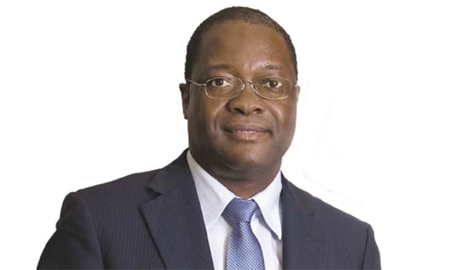
Is the current state of Angola’s telecoms network more of a help or a hindrance to investors?
It’s a help. We’ve already made great strides since achieving peace, but we can’t forget that the sector still has some ways to go. Today we have functioning telecoms in every province of Angola, and since March, 2011, each of our 164 municipalities has cell telephones and cellular Internet access. So, to respond to your question, communications are now a positive element in the Angolan economy.
For example, I would cite the large investments that are being made in the so-called information superhighway, in other words, in fiber-optic infrastructure that’s being extended throughout the country. In the next two years Angola will have about 6,000 miles of fiber-optic cable linking all the provincial capitals and many municipalities. It’s an investment that’s being made by the private sector and by the state, and that will completely change the way telecommunications are used in Angola. We’re going to have a fundamental resource that will support new services to bring people closer, the so-called 4th generation based on high-speed data networks.
Market studies have suggested Angola’s telecoms market will be worth $5.7 billion in 2015. What’s the outlook for growth in the sector in the next few years?
Well, it’s difficult to say if that number is correct. All I can say is that the Angolan economy is going to grow a lot, and that growth will affect the telecom market. There will also be more and more sophisticated services on offer to people and to companies.
Unitel has approved an $800 million strategic investment plan. How will that be financed and carried out, and what improvements can we expect from the plan?
It’s an investment made with our own funds. But we’re aware that Angolan and international banks can offer us a lot because we’re the #1 company in the market, which means we have to invest a lot.
The investment will go primarily to improving the quality of service we can offer our clients by expanding our sales network, to operational processes, and to reinforcing the technology in our network. Regarding those technology investments, it will go to building out a fiber-optic network to link our stations. We’re also investing in our cellular network, which in the medium term will evolve to 4th generation from 3.5 generation.
When Angola’s stock market opens, will Unitel list its shares?
At this time there’s no decision about whether to sell shares or not. That’s a question the company’s shareholders can answer. We still feel that the market is very important to our economy, not just for companies to sell shares, but also to trade other types of financial instruments that give businesses access to funding.
0 COMMENTS